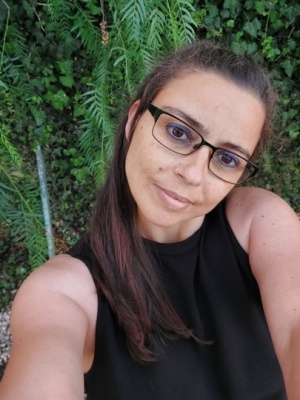Alegria, C, Gonçalves, EM, Moldão-Martins, M, & Abreu, M (2022). Influence of a heat-shock pre-treatment on wound-induced phenolic biosynthesis as an alternative strategy towards fresh-cut carrot processing.
Food Science and Technology International,
28, 421-429. DOI:https://doi.org/10.1177/10820132211020837 (IF2021 2,638; Q3 Food Science & Technology)
In fresh-cut vegetables, plant tissues are often challenged by (a)biotic stresses that act in combination, and the response to combinatorial stresses differs from that triggered by each individually. Phenolic induction by wounding is a known response contributing to increase products phenolic content. Heat application is a promising treatment in minimal processing, and its interference on the wound-induced response is produce-dependent. In carrot, two-combined stress effects were evaluated: peel removal vs. shredding, and heat application (100 °C/45 s) vs. shredding, on changes in total phenolic content (TPC) during 10 days (5 °C). By applying the first stress combination, a decrease in TPC was verified on day 0 (∼50%), ascribed to the high phenolic content of peels. Recovery of initial fresh carrot levels was achieved after 7 days owing to phenolic biosynthesis induced by shredding. For the second combination, changes in TPC, phenylalanine-ammonia-lyase (PAL), and peroxidase (POD) activity of untreated (Ctr) and heat-treated (HS) peeled shredded carrot samples were evaluated during 10 days. The heat-shock did not suppress phenolic biosynthesis promoted by PAL, although there was a two-day delay in TPC increments. Notwithstanding, phenolic accumulation after 10 days exceeded raw material TPC content. Also, the decrease in POD activity (30%) could influence quality degradation during storage.

